A Saskatoon family of Palestinian descent shared their experiences with the Sheaf to explain the extent of the violence happening in their homeland.
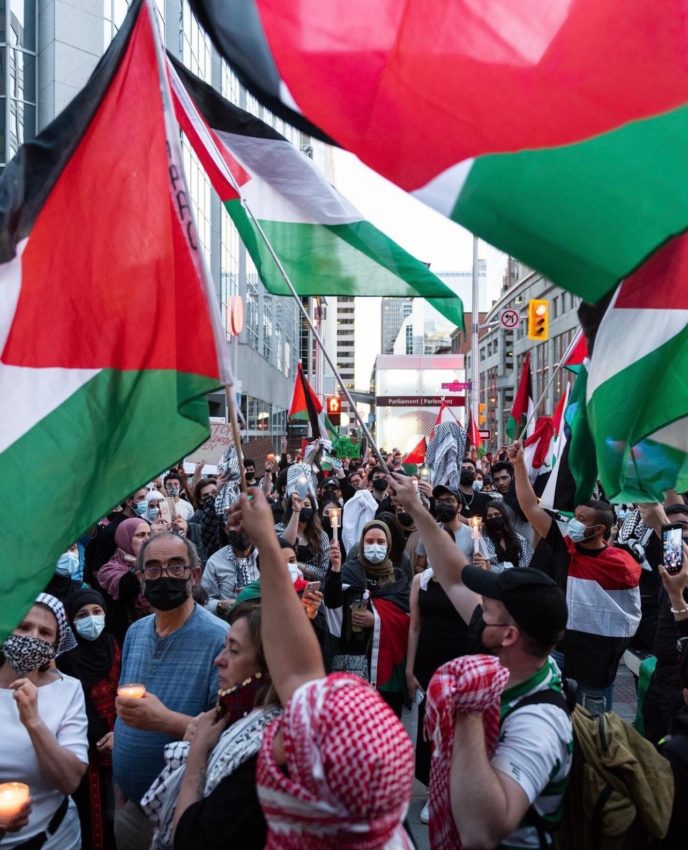
“Israeli Zionists are massacring the Palestinians. They do not care if you are a child or an elder,” says Mohanned Jaradat, a Palestinian man residing in Saskatoon. “They are taking our land and they want to get rid of the history and people, but they can’t get rid of history.”
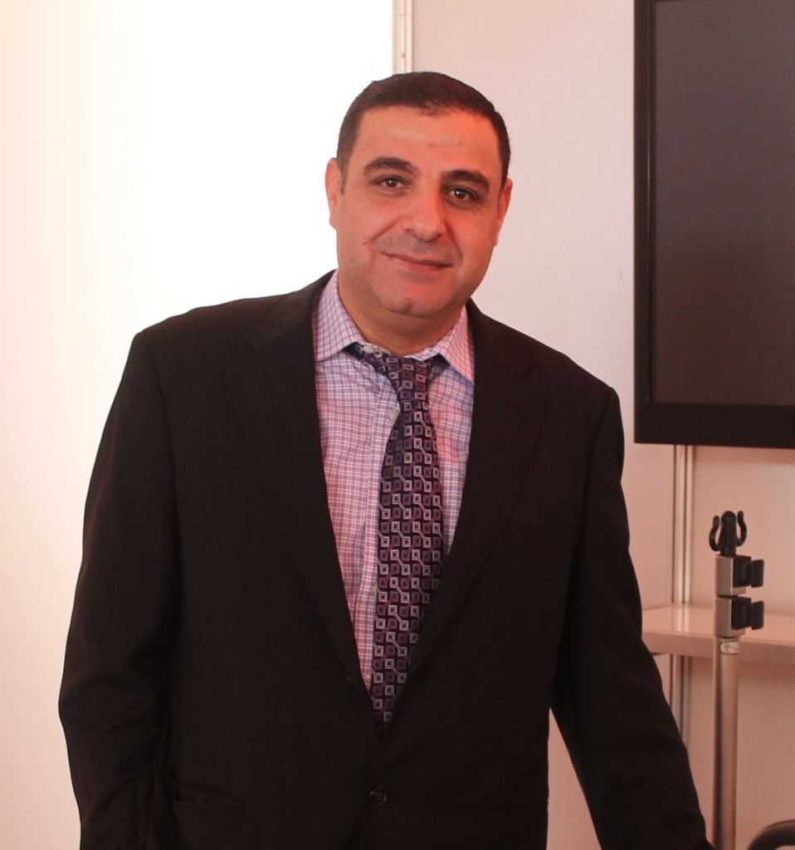
Throughout history, Palestine has been home to people of many religions, including Christian, Muslim and Jewish people, who co-existed in peace — the first Zionist congress took place in 1897, and what is now known as the state of Israel was not declared until 1948.
Zionism is a settler-colonial political movement with the aim to establish a Jewish nation-state in Palestine with a Jewish majority. Given the fact that Palestine was already inhabited when the movement started, this goal depends on the displacement of Palestinians. The movement gained traction after the end of World War I, when Palestine became one of the regions that fell under the mandate of the British.
With the support of the British, the Zionist movement advanced their colonization efforts, leading to the destruction of hundreds of Palestinian villages and neighbourhoods, as well as the eventual declaration of Israel’s statehood by Zionist leadership.
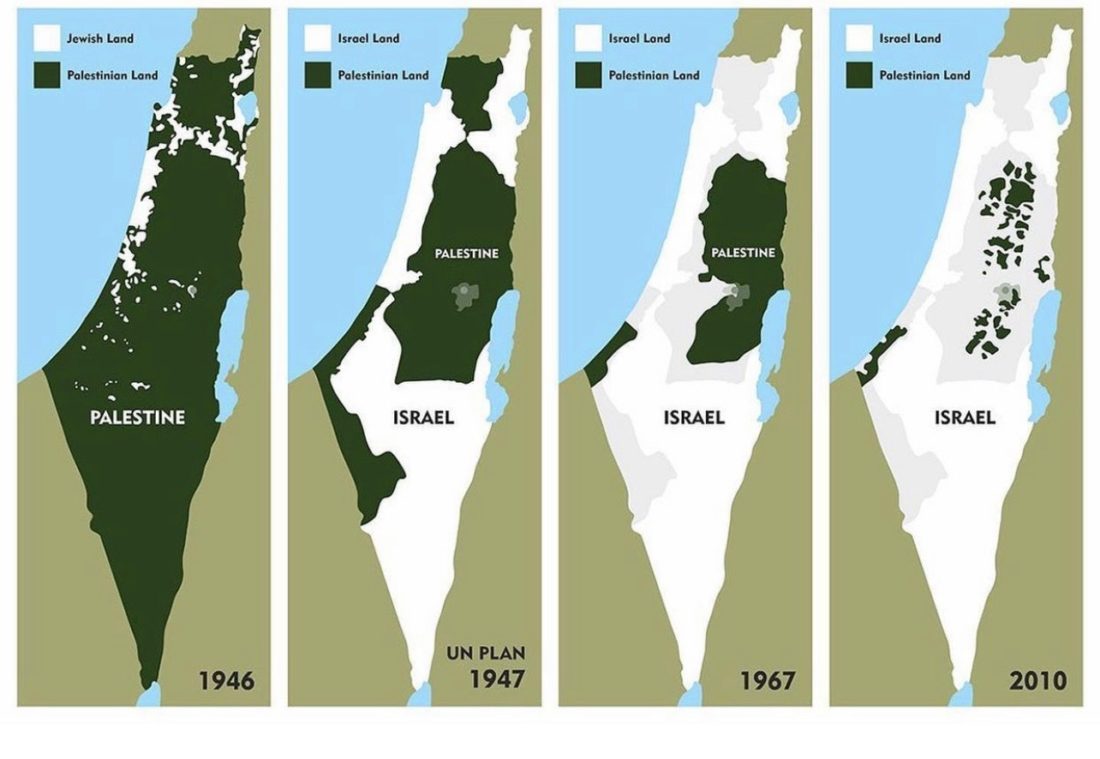
While the Israeli Zionists’ oppression of Palestinians is currently in the spotlight at the international level, Jaradat highlights that it is not a new issue. The violence has had an impact on his family for generations — his father was born in Haifa, an area currently under Israeli control, when it was still known as Palestinian land.
“My father, who lived in Jenin and worked in the seaport in Haifa, is older than the state of Israel,” Jaradat says.
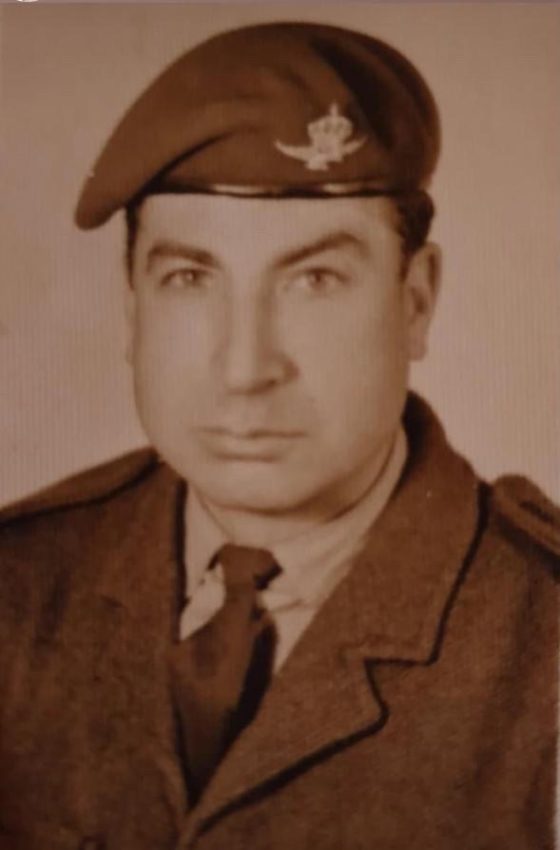
Jaradat’s extended family remains in Palestine. He says that, to this day, they cannot leave their area, access transport, vote, access medical help or choose employment freely.

Instead, they face frequent checkpoints, regular patrolling by the Israeli military, forced evictions, restrictions of food and water, inconsistent electricity, and constant threats of violence and intimidation.
“My father had to run away between 1946 and 1948,” Jaradat said. “The Israelis got weapons from Britain and started the killing of innocent Palestinians in the streets, so he went all the way from Haifa to Jenin and then from Jenin to Amman, Jordan, for safety for his family.”
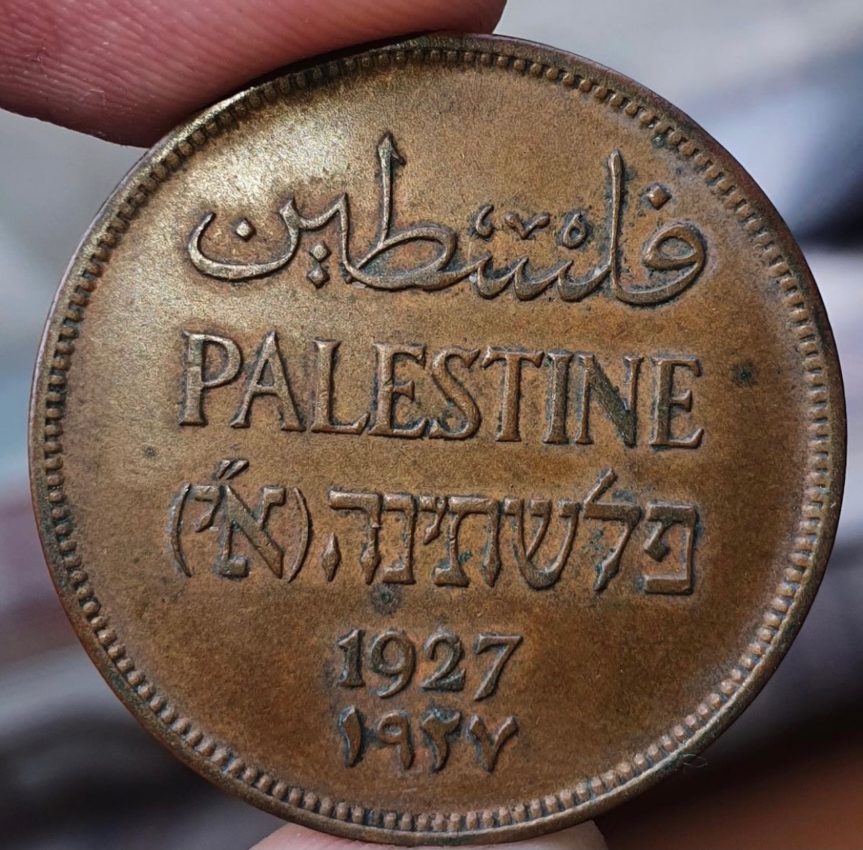
Before 1946, Palestinians grew olive trees and lived off their motherland with respect. Olive trees are symbolic of Palestinians’ attachment to their land. Because the trees are drought-resistant and grow under poor conditions, they also represent Palestinian resistance and resilience.
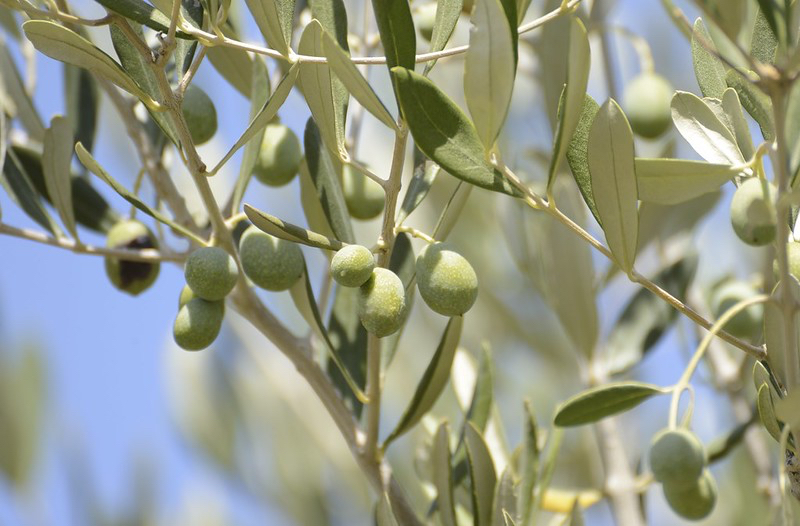
“In the time between 1948 and 1967, the Israelis learned a lot about occupation and methods on how they’ll continue with torturing the Palestinian people,” Jaradat said.
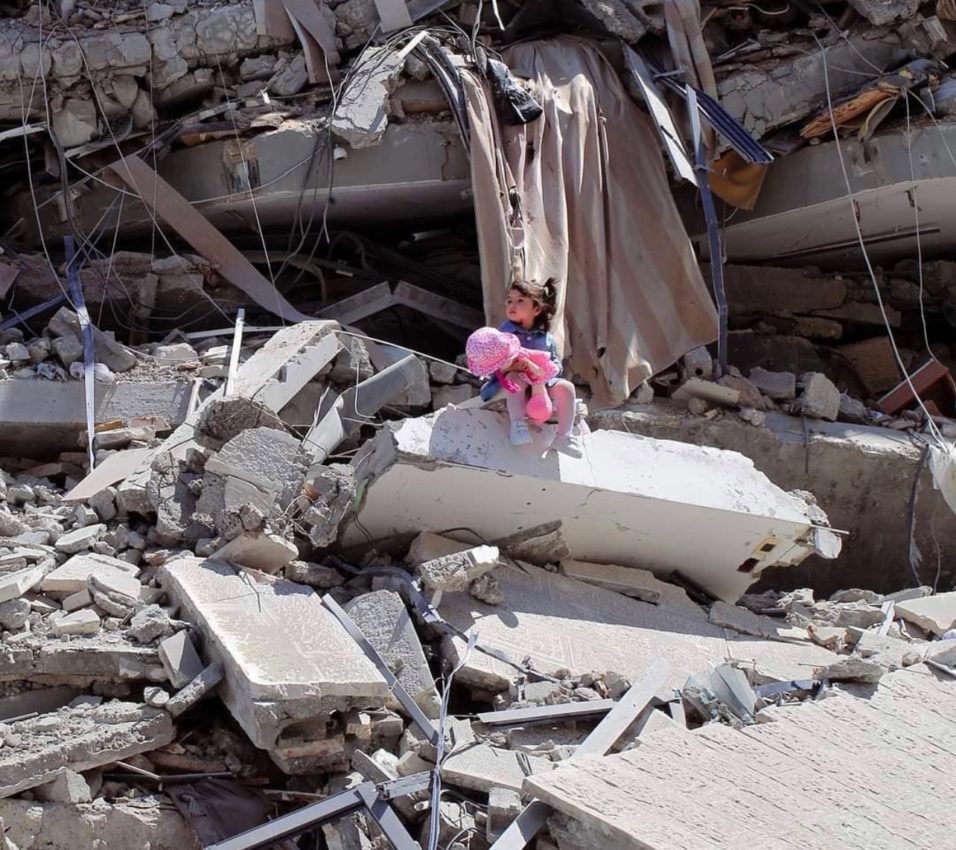
Arabs have been in a constant battle fighting for their rightful land and home, Jaradat says, and the term genocide is not a hyperbole.
“This is not something new to Palestinians. They are resilient people — this has been happening for many, many years,” Jaradat said.
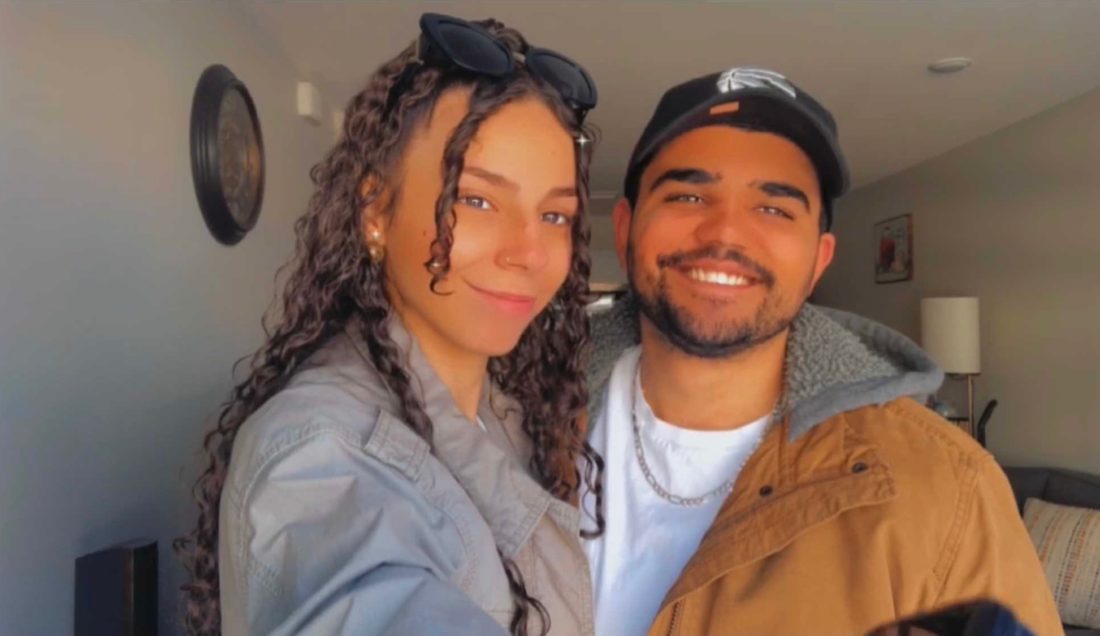
Rahaf Jaradat, a USask Alumni, Mohanned Jaradat’s daughter, and a research coordinator in Saskatoon, says that when people hear about “fights” and “scuffles” happening in Palestine, what is really happening is that Palestinians are protesting for their freedom and rights against heavily armed and violently suppressive Israeli police.
There is a common misconception that this issue is “conflict,” as a conflict cannot exist when one side is allowed to use violence and the other is not. A conflict implies equal footing, which is not the case in Palestine.
According to the Congressional Research Service, the Israeli military occupation of Palestine has been supported by the United States with $3.8 billion a year, paid by American tax dollars.
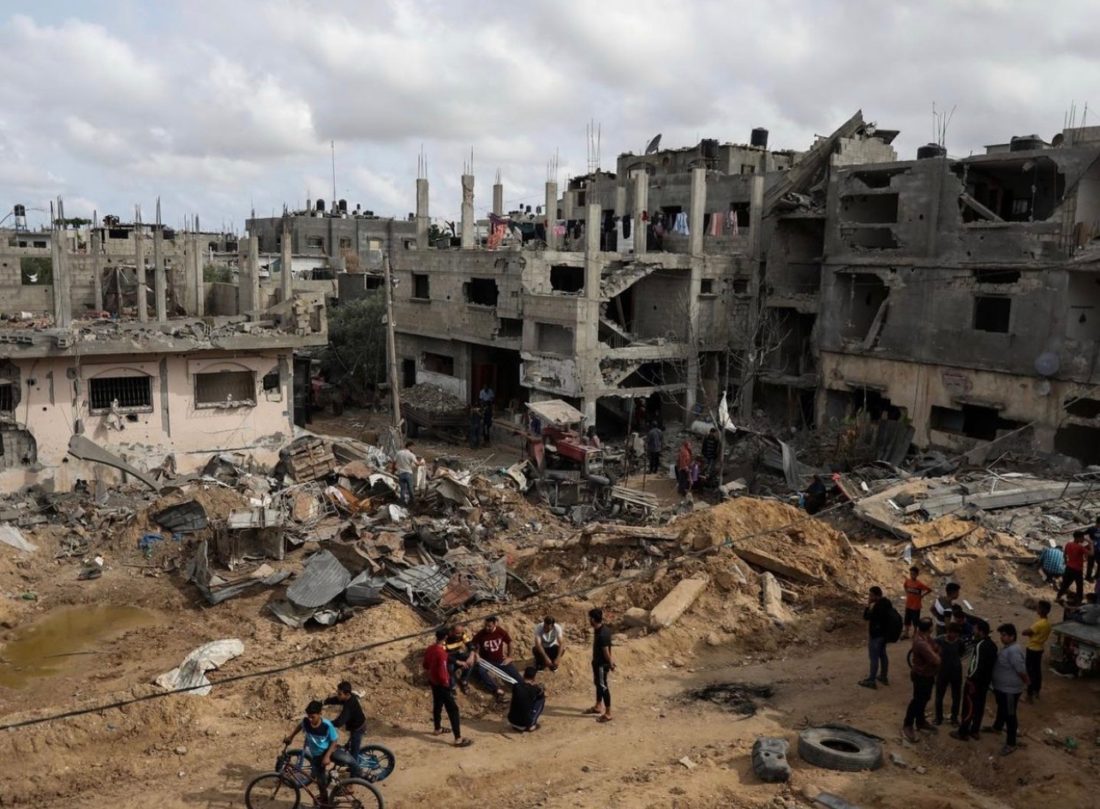
“The Palestinian authority has no real power — everything is controlled by Israel, and not to mention, America funds Israel,” said Mohammed Ghanameh, husband of Rahaf Jaradat and an insurance branch manager living in Saskatoon.
Rahaf adds that another misconception is that anti-Zionism is the same as anti-Semitism, this is untrue. She says that the goal of the Zionist movement is only possible through a process of ethnic cleansing, mass dispossession and land theft.
“Just because I stand with Palestine doesn’t mean I have anything against Jewish people. I am against Zionism, which is the ideology in Israel that oppresses innocent people,” Rahaf said.
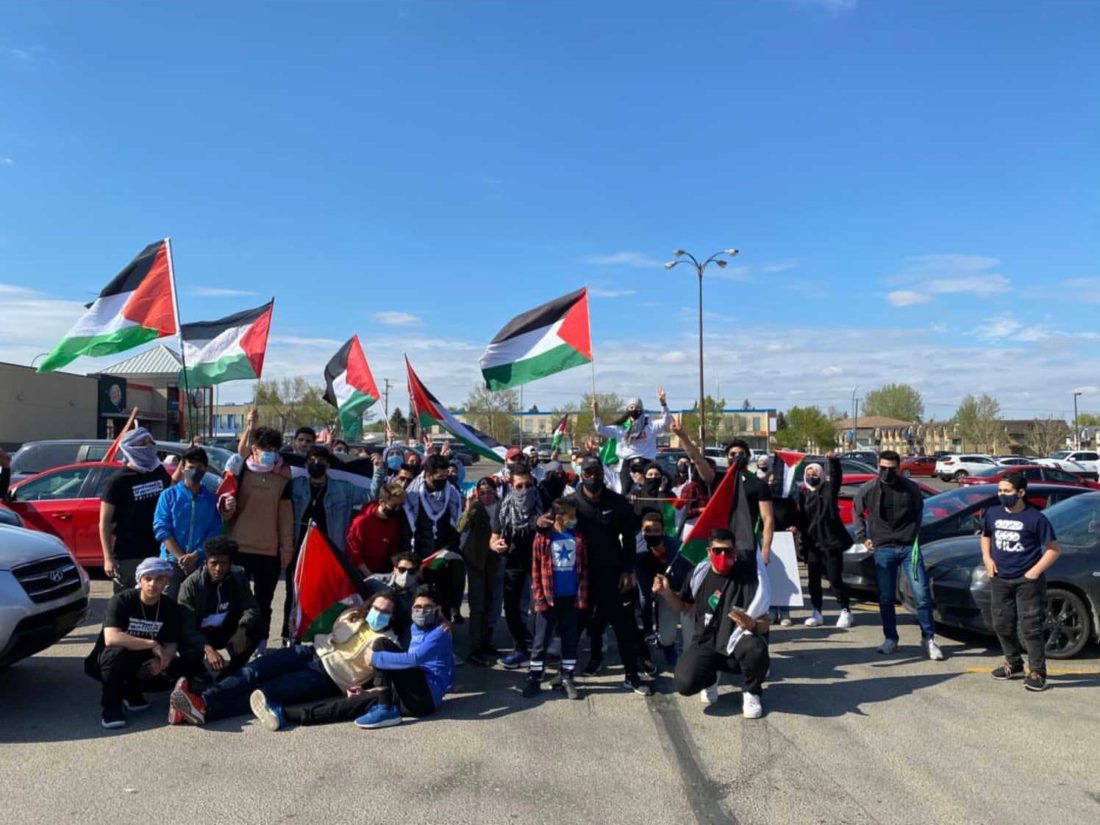
Rahaf says that pro-Palestine protests around the world have been helping people see the reality of the situation. Protests in support of Palestine have filled the streets of Toronto, Ottawa, Vancouver, New York, Los Angeles and more, bringing awareness to the long-time issue.
“Palestinians themselves are saying that spreading awareness and media coverage is helping them — these actions contribute to change,” said Rahaf.

“All the support being shown is great — people are finally starting to realize the truth,” Ghanameh said.
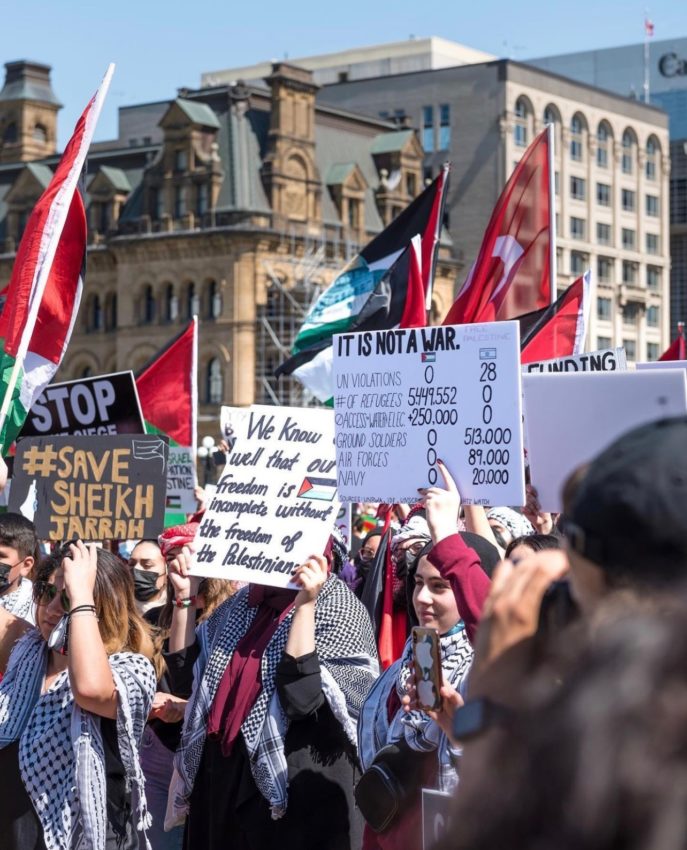
Solidarity leads to liberation, and solidarity with Palestine requires understanding the fight for Palestinian liberation as a human rights, colonial and social justice issue. The people of Palestine are wishing for freedom and basic human rights, and their fight will continue until liberation is granted.
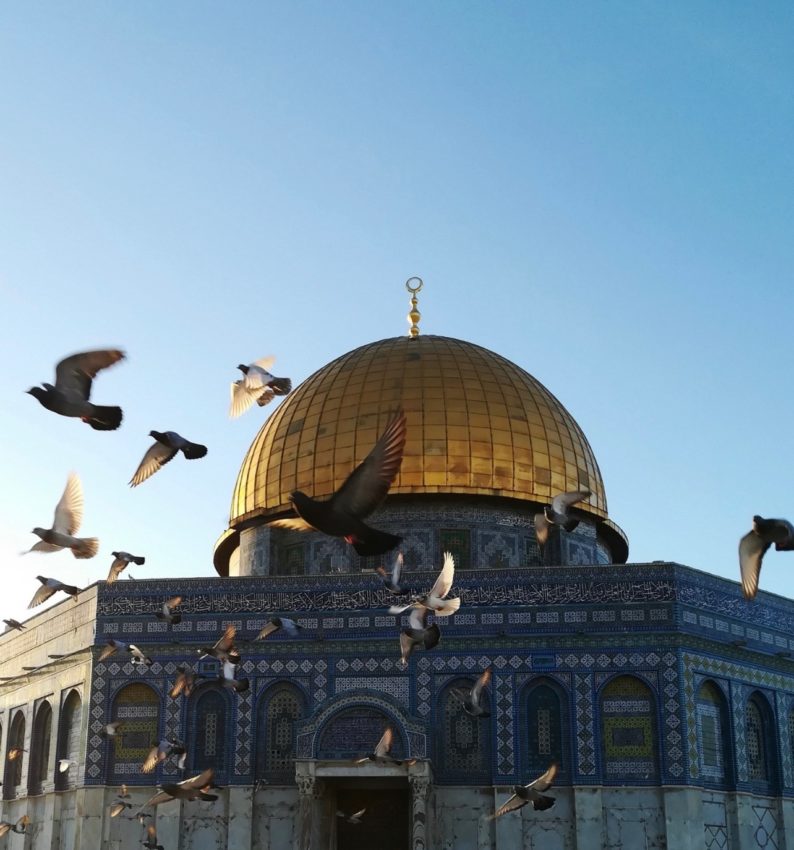
After being taken down due to some concern of journalistic integrity, we have decided to re publish this article and stand by those interviewed in it. We encourage you all to continue to follow The Sheaf as we continue to provide news and opinions from around campus and our alumni from around the world – the Sheaf
—
Aleshba Naseer | Photo Editor
Photos: As Credited